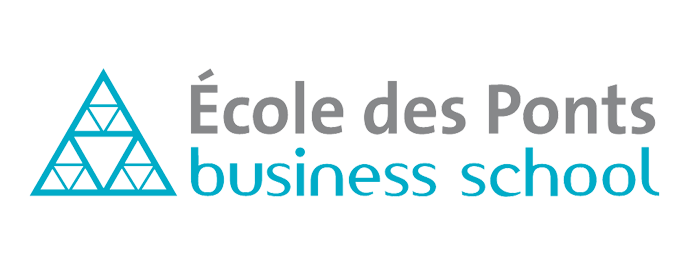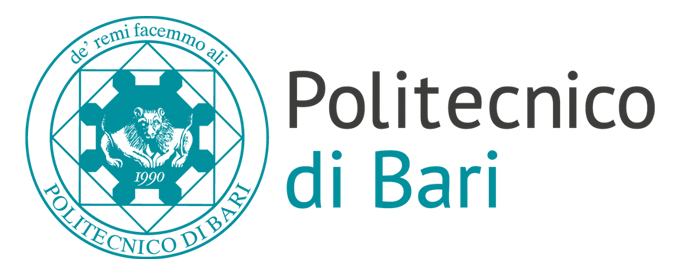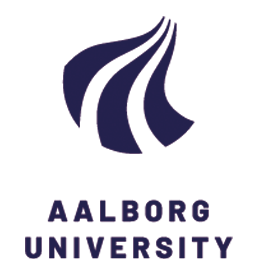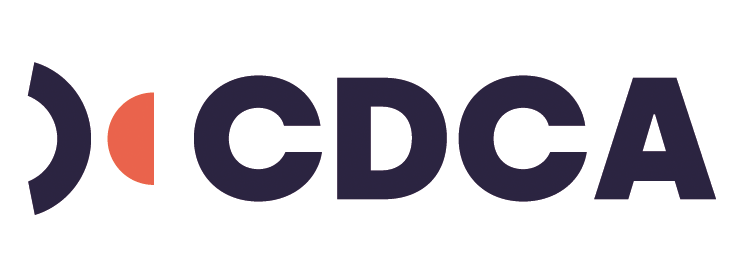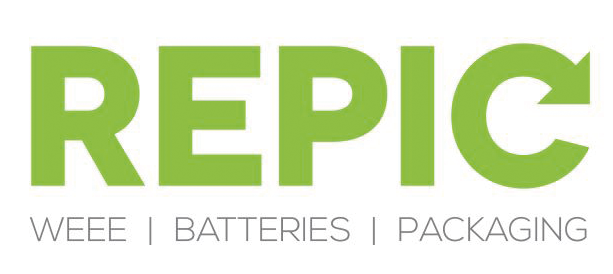Bridging the skills gap for the circular transition: CERES advanced training courses now available
24 Ottobre 2025
A certified and free training course that combines theory, practice, and networking to provide the tools needed to accelerate the transition to a circular economy in your field. All the information on how to register
As the European economic landscape moves towards sustainability, the need for companies and individuals to keep pace is becoming increasingly urgent. To meet these needs, CERES Certified Training Path has been created, the training program of the CERES project, which aims to be an essential tool for bridging the skills gap and accelerating the circular transition.
The result of a collaboration between 10 partners in 5 European countries and co-funded by the European Union, CERES is a free, structured, research-based learning program designed to guide the transition to a circular economy system through digitalization and practical training. Its primary objective is to provide students, professionals, and VET (Vocational Education and Training) students with the up-to-date skills needed to implement circular economy practices in their respective fields.
How the training course is structured
The CERES training program is a comprehensive learning path that integrates different methodologies. At its core are the CERES Curricula, a certified program that combines theory and practice. This includes four Basic Courses (MOOCs) delivered online in asynchronous mode. Those are accessible at the most convenient times, covering the fundamentals of the circular economy through theoretical precepts, materials, and case studies.
The training program is completed by two specialized modules, delivered in a hybrid mode (from October to November 2025), each consisting of four sessions and offering space for discussion, updates, and in-depth analysis of more specific topics, such as circular production practices and supporting technological strategies.
Through this training program, students can acquire skills that are in high demand in the job market, which is increasingly oriented towards green jobs, and become part of a European network of experts and partners for continuous learning.

Method of delivery
The CERES learning experience aims to be as flexible as possible, while ensuring maximum support. The basic courses are always accessible online and asynchronous, while the specialized modules, although hybrid, make recordings available for those who cannot participate in the live sessions. The entire certification process is guided through exams on the Learning Management Platform, with an ad hoc Guide providing detailed instructions on how to navigate the online courses, access materials, and complete the process to obtain final certification.

Practical experience between hackathons and communities
In addition to theoretical training, the program also focuses on the practical application of knowledge. Participants will have the opportunity to take part in one of four CERES Hackathons.
These are practical challenges that combine synchronous and asynchronous activities, promoting collaborative problem solving in teams and benefiting from direct mentoring by companies and tutors. “Participation in Hackathons,” say the organizers, “not only consolidates learning, but also offers a certificate and eligibility for certain awards.”
At the same time, the CERES Hub provides access to continuous learning through networking and interaction. The Hub allows members to connect with colleagues, tutors, and partners, access a wealth of material with case studies and publications, and actively share experiences and best practices in the field of the circular economy.
Who is it aimed at?
A change in the system arises from the cross-pollination of different professions and fields: this is why the CERES certified course is aimed at a diverse and cross-cutting audience.
It is aimed at professionals and students in vocational education and training (VET) who wish to expand their qualifications beyond Level 5 of the European Qualifications Framework (EQF), higher education students seeking advanced skills, professionals and industry personnel in the fields of sustainability, innovation, and manufacturing, and educators and trainers who wish to update their curricula. Upon completion, participants will receive a CERES Certificate and a recognized Digital Badge.
To begin the course, simply register with the CERES Hub, fill out the form to receive the Guide, and proceed with enrollment in the initial 4 MOOCs. You can then follow the indicated path or use the content in the way you deem most appropriate.


